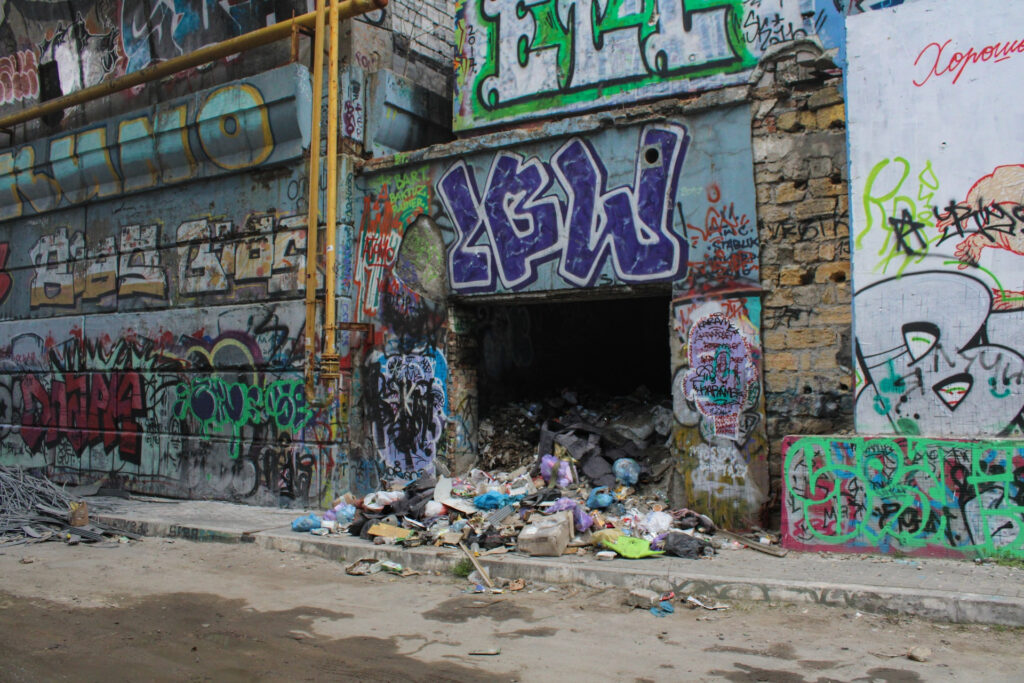Gambia: Environment Educator – Anti-Littering Regulation to Punish Offenders
By Bekai Njie, 27 June 2014
http://allafrica.com/stories/201406271524.html?viewall=1
The assistant programme officer for Environmental Education and Communication at the National Environment Agency has emphasized that the Anti-littering regulation is here to punish environmental offenders, as well as regulate people’s negative attitudes towards the environment.
Sheikh Alkinky Sanyang, in a recent interview with this paper explained that the Anti-littering regulation came into being following people’s negative attitude towards the environment, which he said has drastically fallen beyond expectations.
Anytime things/issues that threaten or jeopardize development standards, emerge, laws will come to regulate people’s poor mismanagement and negative behaviours towards the environment”, he noted.
He reiterated that the law is here to punish people and regulate their negative behaviors towards the environment, but lamented that even with laws and regulations put in place, people still don’t want to change their attitude.
The NEA assistant programme officer for Environmental Education and Communication explained that the Anti-littering regulation has been very effective, as hundreds of environmental offenders were dragged to courts for Anti-littering.
“As I am speaking to you right now, we have the sitting magistrate traveling across the county to prosecute all those who allegedy contraved the Anti-littering regulation ,” he disclosed.
“But according to our Anti-littering regulation, each and every producer of waste should be responsible for the management of that particular waste. So it’s the responsibility of each and every person to make sure, that waste is managed in an environmentally friendly manner,” Sanyang indicated.
Commenting on factors responsible for waste increment, the NEA’s environmental educator holds the view that increase in the country’s waste is influenced by few factors such as; increase in population.
In this country, he explained, rural-urban drift has taken its toll on the production of waste, particularly within the greater Banjul area.
According to him, the number of people residing in urban centres supersedes the resources that are available to manage those wastes.
He therefore suggested that concerted efforts are needed from both producers and managers of waste to come to terms and put up strategies in making sure that waste is controlled.
The population in the urban areas, he maintained is increasing because people are looking for greener pastures. He thus argued that a diminish in rural-urban drift could also lead to enhanced waste management, but pointing out that such is not even feasible consideration efforts towards decentralization.
Attitudinal change
Sanyang called for attitudinal change towards the environment so that the country can responsibly manage its waste.
“We can see from the statistics that the production of waste per person in the Gambia is on the increase and this has to do with relationship, behaviour and our lifestyles that is plunging us into producing more and more waste,” he observed.
Sanyang said people must try to strategize the waste they produce – a term he referred to as ‘waste management strategy’. According to him, in order for this to be effective, one has to reduce, reuse and recycle those waste materials into valuable finished products.
In environmental management, the NEA’s environmental educator stressed that every little effort counts and as for ordinary people, everyone should try to reduce the number of waste he/she generates on a daily basis.
“So in the waste management strategy, you reduce the amount of waste produced individually, as well as by groups, a company or even a ward, region and country. If we reduce, we must apply another strategy called reuse and then recycle them into finished products,” he explained, pointing out that these three Rs are crucial strategies imbedded in waste management.




